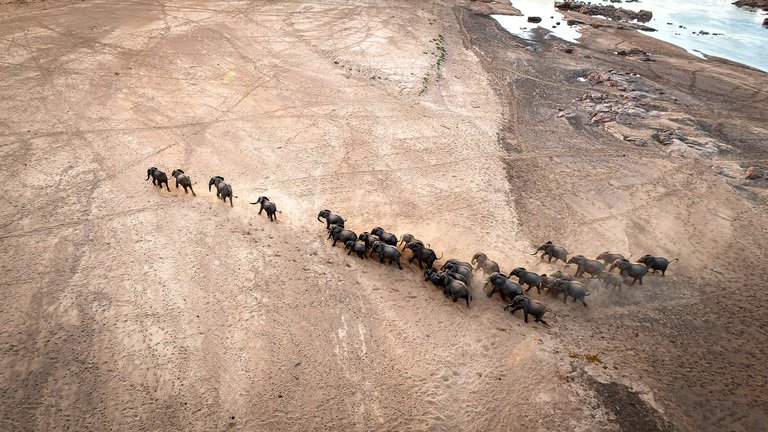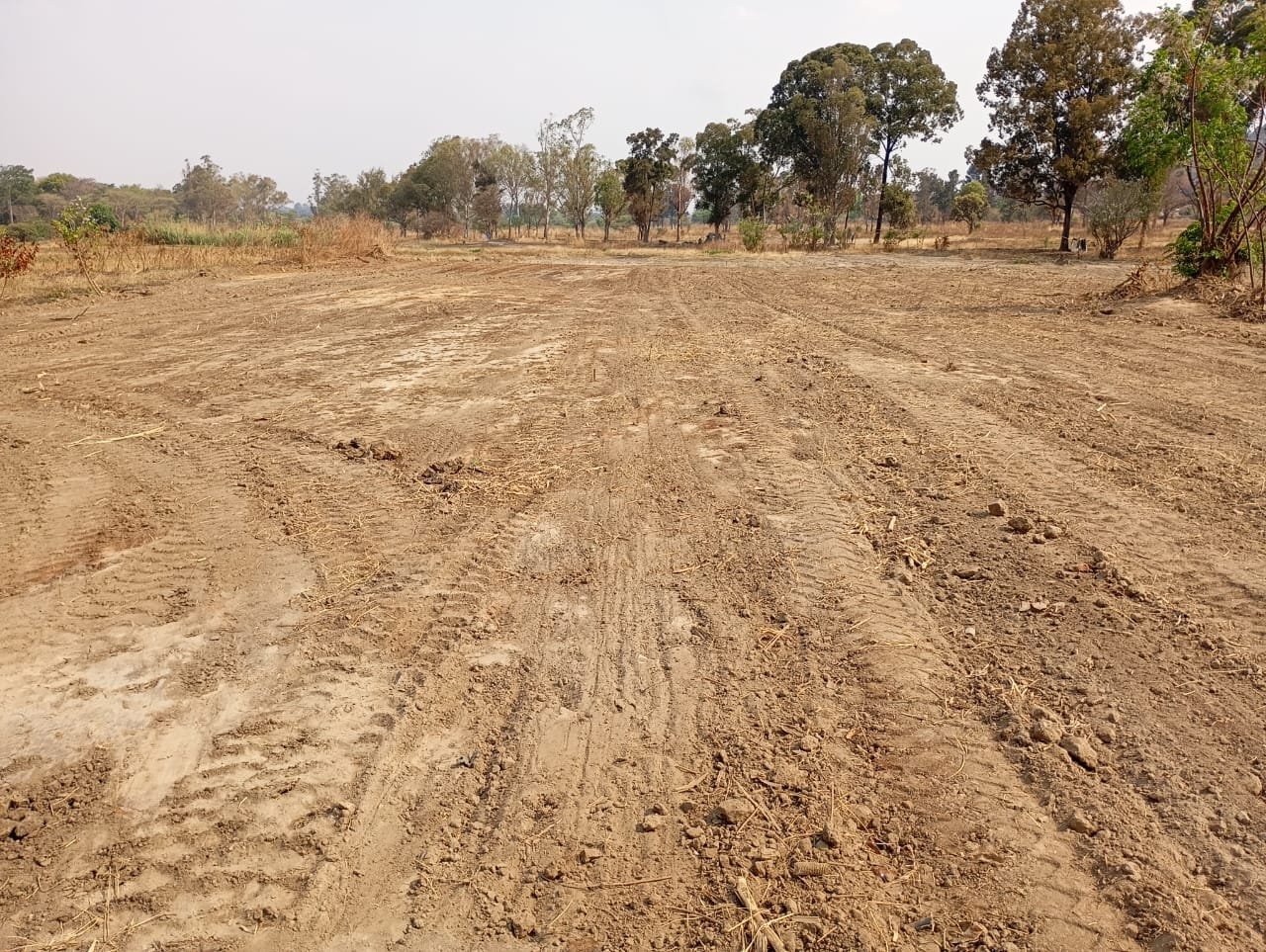The Centre for Natural Resource Governance (CNRG) has condemned a decision by the Zimbabwe Parks and Wildlife Management Authority’s (ZimParks) to allow the culling of 50 elephants in the Save Valley Conservancy, which it described as being carried out under the guise of an “elephant management exercise.”
The statement comes after ZimParks issued permits for the culling of elephants in the Save Valley Conservancy, where the population has surged to more than three times the area’s ecological carrying capacity. The initial culling operation will target 50 elephants. This move is part of an elephant management program aimed at addressing overpopulation and its impact on the environment.
CNRG noted that ZimParks has not clarified how the culling will be conducted or the selection criteria for elephants. They argue that this practice overlooks the social complexity of elephant herds and the trauma inflicted on survivors, failing to address the root causes of human-wildlife conflict and habitat degradation.
“ZimParks fails to clarify how the culling will be conducted and whether they target entire herds or which criteria they will use to select the elephants to kill.”
“We reject culling as a legitimate, ethical, or science-backed solution. Culling is a violent, short-term fix that disregards the complex social structures of elephant herds, risks traumatizing surviving animals, and ultimately fails to address the root causes of habitat stress and human-elephant conflict.”
The organisation said the planned distribution of elephant meat to local communities may mask broader efforts to generate ivory reserves as Zimbabwe has previously lobbied for the international ban on ivory trade to be lifted.
“We are alarmed by the quiet commodification of this exercise. The planned distribution of elephant meat to communities masks what may be a veiled effort to generate ivory stockpiles. Zimbabwe’s ongoing lobbying for ivory trade has long cast doubt on the government’s commitment to ethical conservation,” the statement said.
“Turning elephants into meat and trophies under the label of “management” betrays both our heritage and our moral responsibility to future generations.”
CNRG also criticised what they described as a militarised and extractive model of wildlife governance in the country, alleging that local communities are often excluded from key conservation decisions. They argued that this approach could increase human-wildlife conflict and erode trust in government-led conservation programmes.
“We are also concerned that the proposed culls ultimately serve the interests of those who stand to benefit from the commercial exploitation of threatened wildlife populations. True conservation must be rooted in justice, for communities, for wildlife, and for ecosystems.”
“The militarized and extractive approach to wildlife governance that continues to exclude communities from decision-making will only escalate conflict and deepen mistrust.”
CNRG also expressed concerns about the potential impact of culling on the tourism sector, which contributes an estimated $433 million to the GDP.
“Killing wild animals that are the basis for the tourism economy threatens sustainable livelihoods. In Zimbabwe, tourism is the third largest economic sector and contributes US$ 433 million to the country’s GDP.
They warn that diminishing wildlife populations could deter tourists, ultimately harming local economies and livelihoods that rely on sustainable tourism practices.
“This industry is heavily reliant on healthy wildlife populations and intact protected areas and could suffer significantly from the culling of wild animals.
The organisation urged the government to adopt non-lethal alternatives such as translocation, contraception, habitat restoration, and the creation of ecological corridors.
“What is needed is a national strategy on elephant range expansion, ecological corridors, and increased investment in transboundary elephant conservation. Contraceptive methods, community engagement, and landscape restoration offer far more humane and sustainable options than state-sanctioned killing.”
Zimbabwe, home to one of Africa’s largest elephant populations, has argued that its protected areas are overburdened and that culling may be necessary to manage ecological pressure. The government has also advocated for a regulated ivory trade, citing the economic costs of maintaining large elephant populations.
However, CNRG is urging ZimParks to immediately halt the planned culling of elephants in Save Valley and withdraw any related proposals. The organization emphasizes the need to redirect available resources toward implementing existing, well-proven, sustainable, and humane measures to address the challenges facing both people and wildlife. They advocate for convening a transparent, multi-stakeholder dialogue on ethical elephant management to foster human-wildlife coexistence while protecting increasingly threatened populations.
Furthermore, CNRG highlights the importance of investing in non-lethal, community-based conservation strategies grounded in scientific research and local knowledge, along with developing a national strategy for elephant range expansion, ecological corridors, and increased investment in transboundary elephant conservation.





